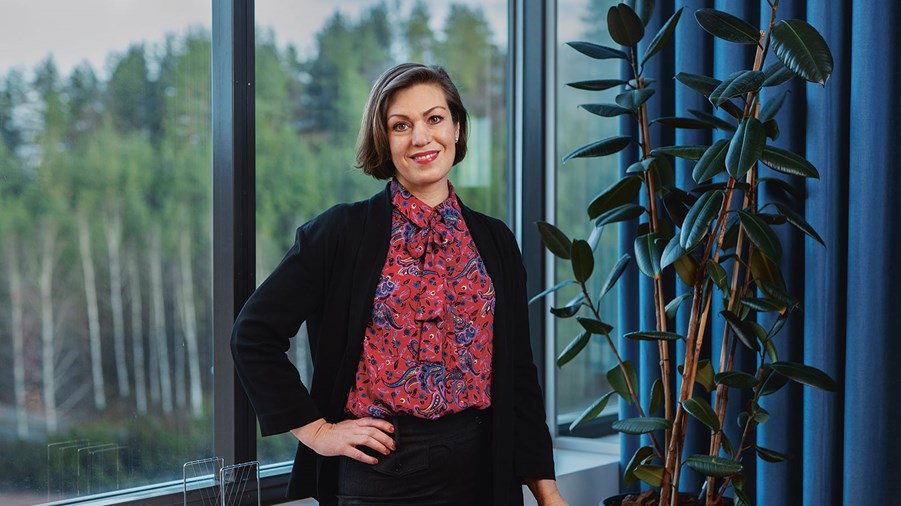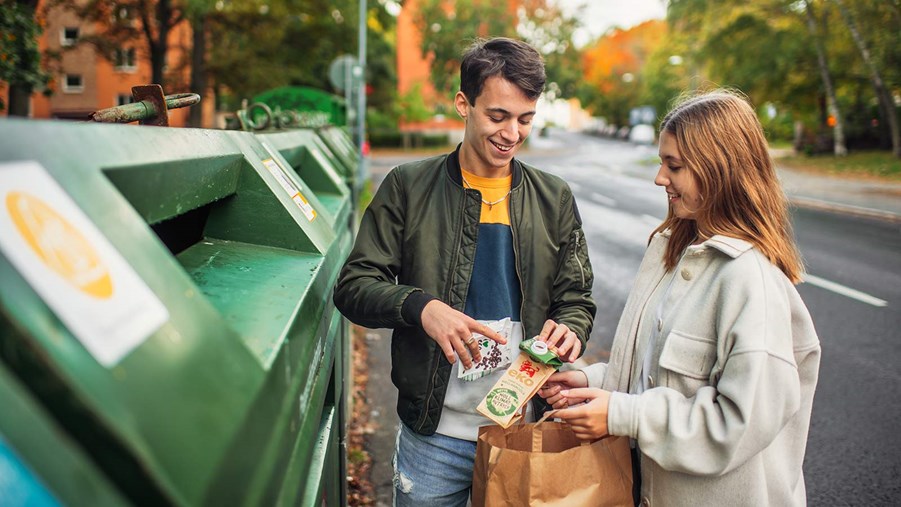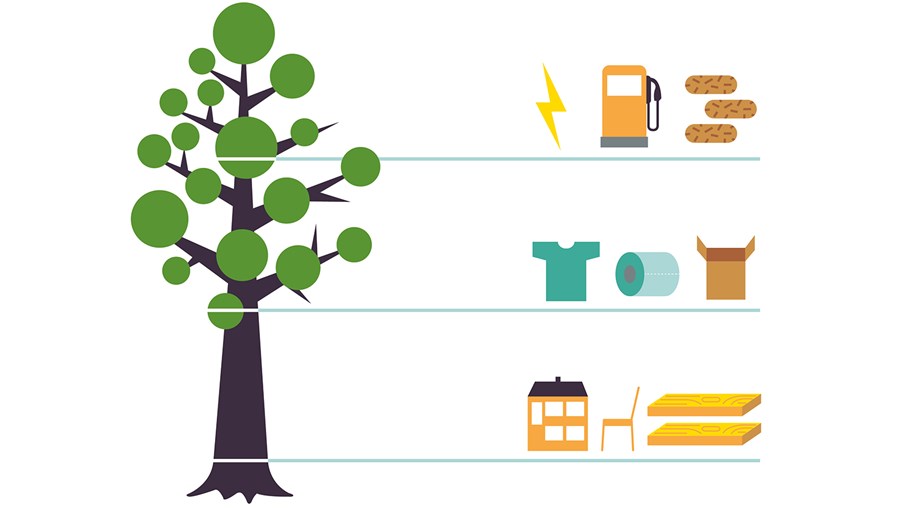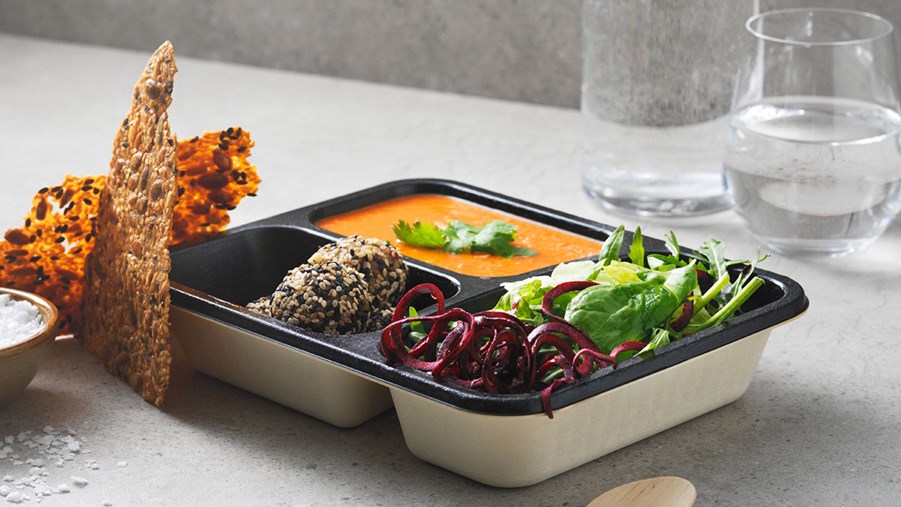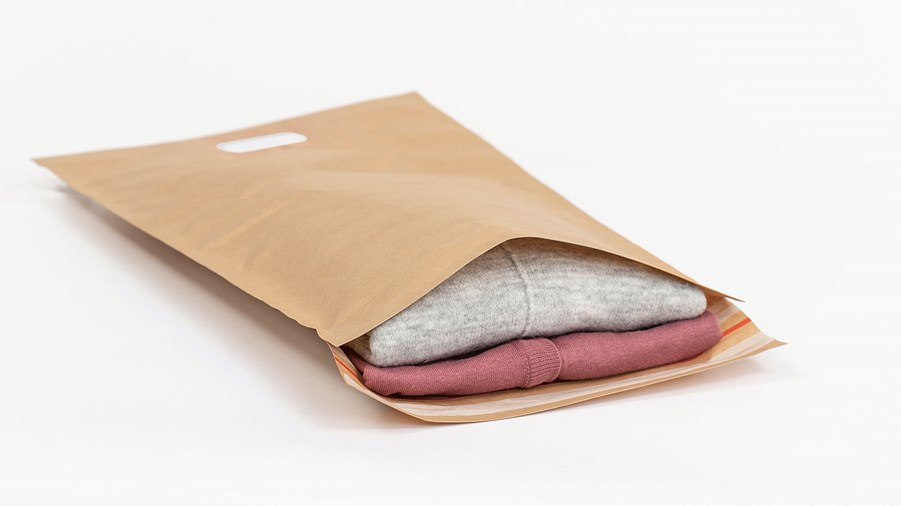
Why is your online retail bag better than other options?
“We want the right packaging to be used for the right product. If you order an item of clothing online, it’s often delivered in a plastic bag, which has the same disadvantages as one you get in store: it’s made from fossil oil, if it ends up in nature it’s litter, and it’s hard to recycle for materials. There are several benefits to our paper online retail bag: it’s made entirely from paper, is renewable and recyclable, and doesn’t cause problems in nature if it does happen to end up there.”
RISE has conducted a life cycle analysis on your bag – tell us more!
“They’ve compared the climate performance of our paper bag, one made from virgin and one from recycled plastic, and a box made of cardboard. The results showed that life cycle fossil emissions for the online retail bag were half those of the plastic bag. Moreover, our bag has technical properties that make it very strong and resealable in case a return needs to be made.”
How big is the climate impact from online retail packaging?
“It’s quite a low percentage of the total climate impact from online commerce – it’s the actual product that has the biggest impact. But if we’re going to achieve the climate goals, we must make sure we get rid of fossil raw materials in society, which means every aspect has to improve. Optimising packaging to transport as little air as possible is also important for the climate. From a global perspective there’s a growing middle class in Asia, for example, and if we don’t strive for sustainable packaging solutions there will be huge volumes of unsustainable materials in society. Looking at recycling levels, it’s clear that plastic is currently recycled to a far lower degree than paper.”
How have the record low oil prices affected you?
“Obviously competition is tougher, but both legislation and policy development at EU level especially are focused on eliminating disposable materials and plastic packagings. New legislation came into force in the summer, which means that all brand owners are looking for better, recyclable packaging solutions – so in that respect we’re at a clear advantage.”
What are your sustainability challenges moving forward?
“The climate is a critical issue for us all. Our industry is doing well compared to ones based on fossil raw material, and we already have 97 per cent biobased energy in our production process. But it’s not enough that we’re working with a renewable raw material to create climate-smart products; we also need to work on our entire value chain to achieve the tough climate goals we’ve set in line with the Paris Agreement.”
